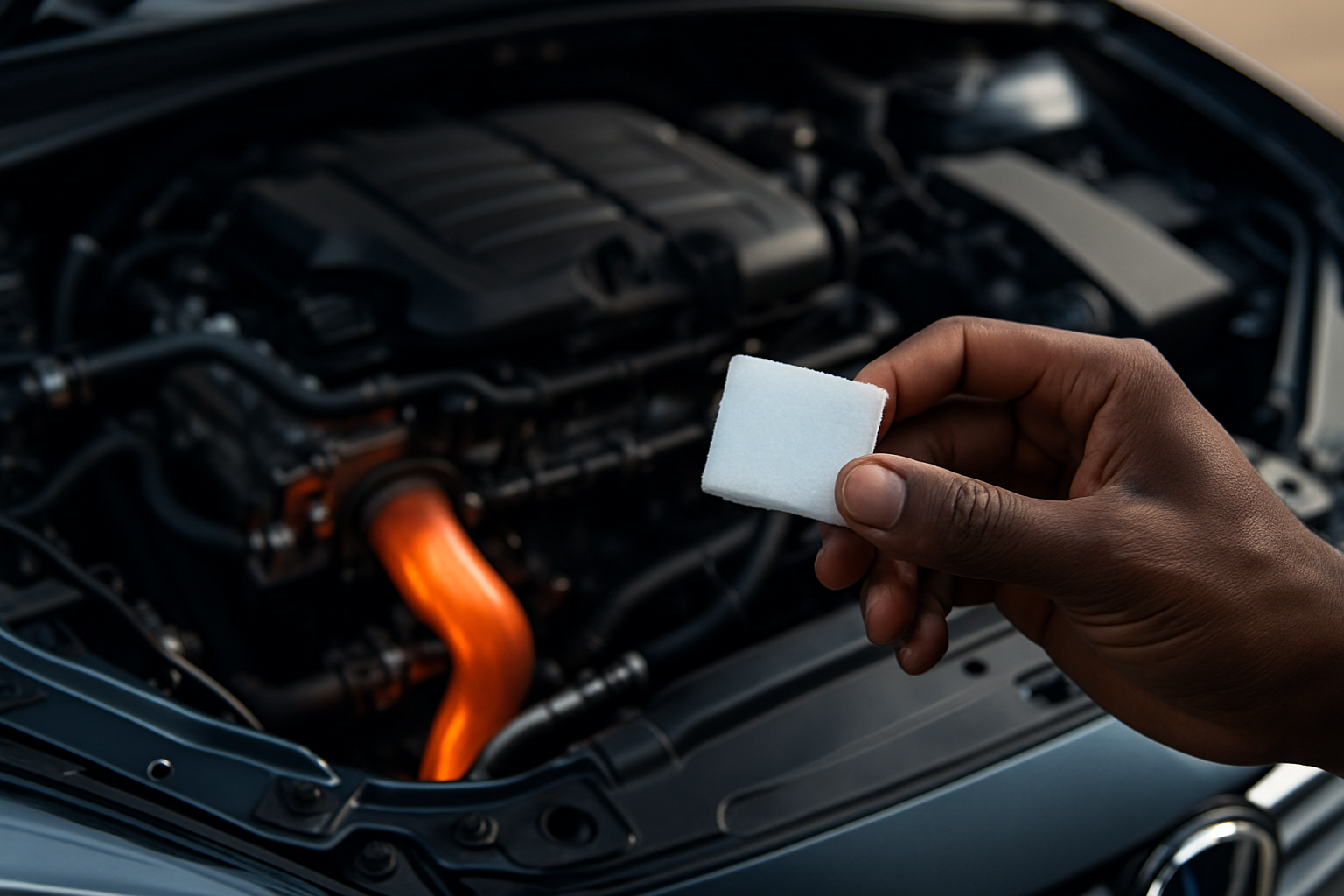Car detailing: careful exterior and interior care without myths or exaggeration
Car detailing represents a comprehensive approach to vehicle maintenance that goes beyond basic washing. This professional service involves meticulous cleaning, restoration, and protection of both interior and exterior surfaces using specialized techniques and products. Unlike common misconceptions that suggest detailing is purely cosmetic or unnecessarily expensive, proper detailing serves practical purposes including paint protection, interior preservation, and maintaining vehicle value over time.

How to choose a service that meets your needs
Selecting the right car detailing service requires understanding your vehicle’s specific requirements and your budget constraints. Mobile detailing services offer convenience by coming to your location, while fixed-location shops often provide more comprehensive equipment and controlled environments. When evaluating options, consider the detailer’s experience with your vehicle type, the products they use, and their approach to different materials like leather, fabric, or specialty finishes.
Professional detailers should be able to explain their process clearly and recommend appropriate services based on your vehicle’s condition. Look for businesses that provide transparent pricing, use quality products from recognized manufacturers, and offer guarantees on their work. Certification from organizations like the International Detailing Association can indicate additional training and commitment to industry standards.
Practical care questions every owner should consider
Understanding what car detailing actually involves helps separate necessary services from unnecessary add-ons. Paint correction, for example, addresses real issues like swirl marks and minor scratches through controlled polishing, while ceramic coatings provide measurable protection against environmental contaminants. Interior detailing should address practical concerns such as removing allergens, treating stains appropriately for different materials, and protecting surfaces from UV damage.
Common questions include how frequently detailing is needed, which varies based on driving conditions, storage environment, and personal preferences. Vehicles exposed to harsh weather, road salt, or frequent outdoor parking typically benefit from more regular attention. The distinction between maintenance washes and full detailing sessions also matters for budgeting and scheduling purposes.
Many vehicle owners wonder about do-it-yourself versus professional services. While basic maintenance can be handled at home, certain processes require specialized equipment and expertise. Paint correction, for instance, involves understanding paint thickness, choosing appropriate compounds, and using professional-grade polishers to avoid damage.
| Service Type | Provider Examples | Typical Cost Range | Services Included |
|---|---|---|---|
| Basic Detail Package | Midas, Jiffy Lube | $50-$100 | Exterior wash, interior vacuum, window cleaning |
| Mid-Range Detail | Local detailing shops | $150-$300 | Paint decontamination, interior deep clean, basic protection |
| Premium Detail Service | High-end detailing specialists | $300-$600 | Paint correction, ceramic coating, comprehensive interior treatment |
| Mobile Detailing | Spiffy, Washos | $80-$250 | On-location service, convenience premium |
Prices, rates, or cost estimates mentioned in this article are based on the latest available information but may change over time. Independent research is advised before making financial decisions.
The time investment for different detailing levels varies significantly. Basic packages might take 2-3 hours, while comprehensive paint correction and protection services can require 6-8 hours or multiple days. Understanding these timeframes helps in planning and explains pricing differences between service levels.
Product quality plays a crucial role in detailing outcomes and longevity. Professional-grade waxes, sealants, and cleaning solutions typically outperform consumer products in both effectiveness and durability. However, this doesn’t mean the most expensive option is always necessary for every situation.
Conclusion
Car detailing, when approached practically, serves legitimate vehicle maintenance purposes beyond aesthetic appeal. The key lies in understanding what services provide real value for your specific situation rather than falling for exaggerated claims or unnecessary treatments. Quality detailing protects your investment, maintains a healthier interior environment, and can contribute to better resale value when performed appropriately and regularly. By focusing on your vehicle’s actual needs and choosing reputable service providers, detailing becomes a practical part of responsible vehicle ownership rather than an indulgent expense.




